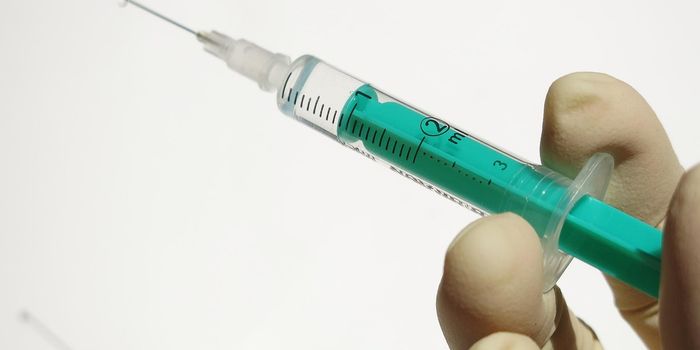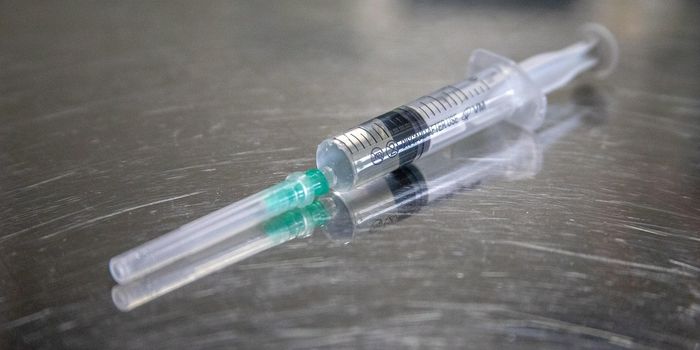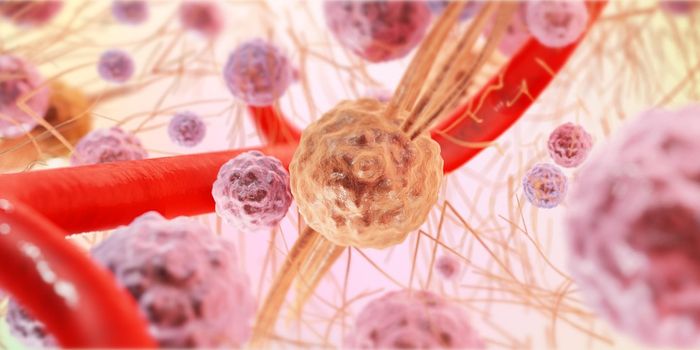How Gut Bacteria Cause Post-Operative Complications
Even when operations are successful, complications can arise afterwards. Millions of these procedures are performed every year around the world, and in many cases, patients get an infection in the surgical wound. The infections can be fatal in the worst cases. New research has shown that it is not bacteria from the hospital or other people that are causing some of these infections; it is bacteria from the patient's own gut. The intestine holds trillions of microbes, which are a normal part of our body. They have to be contained there so they don't cause harm, however.
This study has shown that our gut microbes can move away from the intestines after an operation even when the intestines are not injured during the procedure, though that can also happen. Gut microbes are able to get around the intestinal barrier after an operation, and then enter the lymphatic vessels and bloodstream to move around the body. The findings have been published in Cell Reports.
"It has long been known that side infections increase mortality during invasive procedures." Therefore, hygiene and strategies to keep surgical sites as clean as possible are used to reduce the risk that microbes can pose to surgical wounds, said Professor Guido Beldi, Chief of Visceral Surgery at the University Hospital for Visceral Surgery and Medicine at Inselspital in Bern.
In this research, the scientists determined which microbes were causing infections in about 4,000 people who had undergone a major surgical procedure. This indicated that in almost all cases, the causative agents were bacteria that had come from the patient's intestine, such as Enterococcus, Escherichia coli, and Clostridium.
These germs caused infections primarily after operations on the bile ducts, liver, pancreas, and small and large intestine. Patients who had large parts of their livers removed in a major liver resection were particularly susceptible, and experienced significant delays in healing after the operation.
With a mouse model, the researchers showed that the liver has a unique role in this infection and healing process. A crucial group of immune cells called innate lymphoid cells (ILCs) are necessary for limiting the spread of these bacteria and promoting healing after major surgery, said Gomez de Agüero.
If gut microbes move to the bloodstream and then the liver, ILCs are triggered to respond. They release other signaling molecules that signal to the immune system, and liver cells are stimulated to release antimicrobial substances.
"In this way, innate lymphoid cells residing in the liver control the systemic spread of intestinal bacteria and effectively combat side infections after surgery," said Guido Beldi, who added that it may be better to apply measures that boost immunity instead of using antimicrobials to try to halt post-operative infections.
Now the researchers want to learn more about why certain factors in the intestinal barrier fail to prevent intestinal bacteria from moving into the body to cause infection after an operation.
Sources: University of Würzburg, Cell Reports









